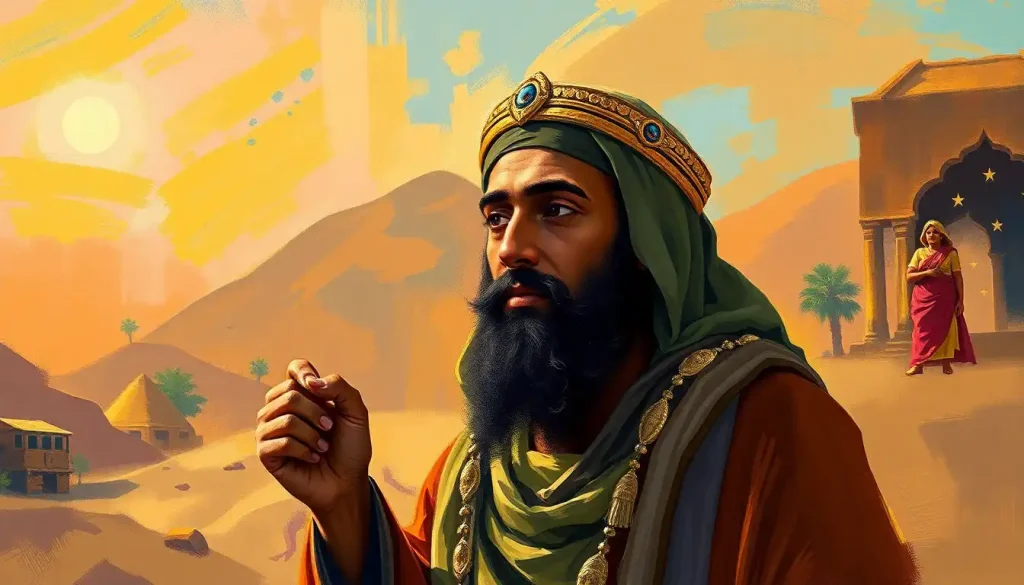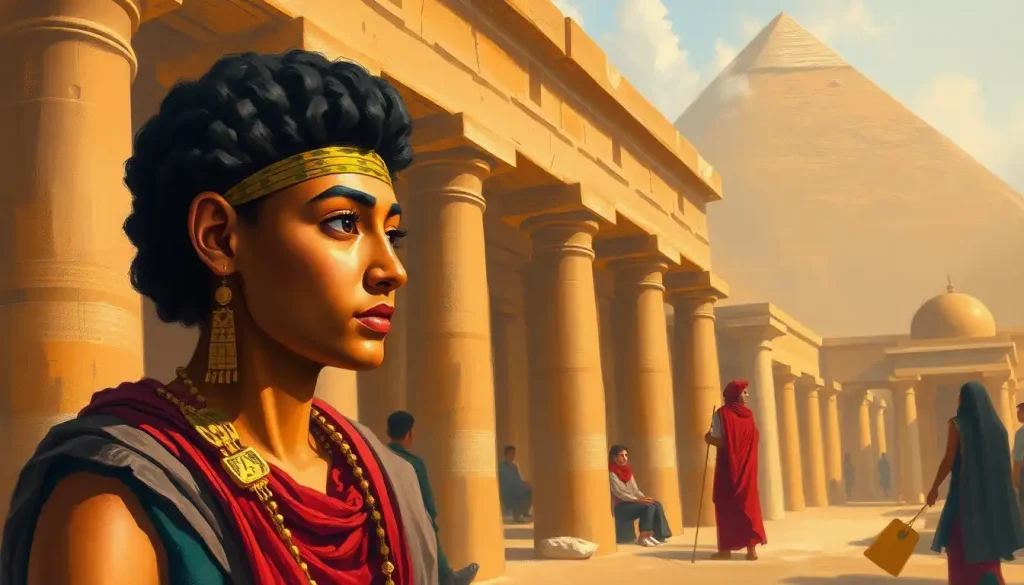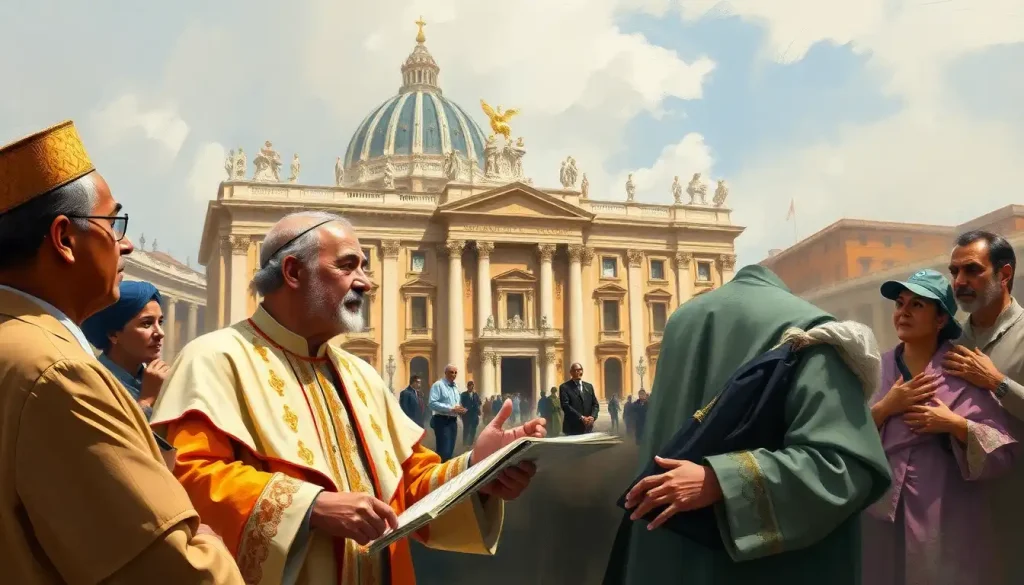Growing from its imperial roots into a dynamic alliance of 56 nations spanning six continents, today’s Commonwealth stands as one of history’s most remarkable examples of how former colonies transformed adversity into a powerful force for global cooperation and shared prosperity. This unique association of sovereign states, bound by shared history and values, has evolved into a diverse and influential network that shapes international relations, fosters cultural exchange, and promotes economic development across the globe.
The Commonwealth of Nations, often simply referred to as the Commonwealth, is a voluntary association of independent countries that were once part of the British Empire. Today, it encompasses nearly one-third of the world’s population, with member states ranging from tiny island nations to vast continental powers. This extraordinary diversity is united by a commitment to democracy, human rights, and the rule of law, forming the bedrock of the Commonwealth’s core principles.
From Empire to Partnership: The Birth of the Modern Commonwealth
The story of the Commonwealth is one of transformation and resilience. Its origins can be traced back to the British Empire, which at its height covered nearly a quarter of the Earth’s land surface. As the empire began to dissolve in the early 20th century, a new form of association emerged, one based on equality and mutual respect rather than colonial dominance.
The pivotal moment came in 1931 with the Statute of Westminster, which recognized the autonomy of the self-governing dominions within the British Empire. This laid the groundwork for what would become the modern Commonwealth. The process of decolonization accelerated after World War II, and in 1949, the London Declaration marked the birth of the Commonwealth as we know it today.
India’s decision to remain in the Commonwealth as a republic in 1950 set a precedent for future members, demonstrating that allegiance to the British Crown was not a prerequisite for membership. This flexibility allowed the Commonwealth to grow and adapt, welcoming nations from Africa, Asia, and the Caribbean as they gained independence.
The Crown and the Commonwealth: A Unique Relationship
At the heart of the Commonwealth’s structure lies a fascinating paradox: the British monarch serves as the Head of the Commonwealth, yet holds no constitutional power over its member states. This symbolic role, currently held by King Charles III, embodies the historical ties that bind the Commonwealth while respecting the sovereignty of each nation.
The day-to-day operations of the Commonwealth are managed by the Commonwealth Secretariat, based in London. This intergovernmental organization supports member countries in achieving the Commonwealth’s goals, facilitating cooperation on issues ranging from youth empowerment to climate change. The Secretariat plays a crucial role in organizing the biennial Commonwealth Heads of Government Meeting (CHOGM), where leaders gather to discuss global challenges and set the association’s agenda.
In 2013, the Commonwealth took a significant step forward with the adoption of the Commonwealth Charter. This document codifies the values and aspirations of the Commonwealth, reaffirming its commitment to democracy, human rights, and sustainable development. The Charter serves as a guiding light for member states, providing a framework for collective action and shared responsibility.
A Tapestry of Nations: Diversity and Unity in the Commonwealth
One of the Commonwealth’s greatest strengths is its incredible diversity. From Canada’s vast wilderness to India’s bustling cities, from Australia’s sun-scorched outback to Nigeria’s vibrant markets, the Commonwealth encompasses a breathtaking array of cultures, languages, and landscapes.
Membership in the Commonwealth is open to any country that accepts its principles and values. While most members are former British colonies, this is not a strict requirement. Rwanda and Mozambique, for example, joined the Commonwealth despite having no historical ties to the British Empire, demonstrating the organization’s evolving nature and global appeal.
The Commonwealth’s linguistic diversity is particularly noteworthy. English may be the de facto lingua franca, but member states collectively speak over 1,000 languages. This linguistic richness is celebrated through initiatives like the Commonwealth Short Story Prize, which accepts entries in English, Bengali, Chinese, French, Greek, Malay, Portuguese, Samoan, Swahili, Tamil, and Turkish.
The Commonwealth Advantage: Benefits of Membership
Membership in the Commonwealth offers a range of tangible benefits. The “Commonwealth Advantage” in trade is well-documented, with member states trading up to 20% more with each other than with non-Commonwealth countries. This economic boost is facilitated by shared legal systems, similar business practices, and a common working language.
Education is another area where the Commonwealth shines. The Commonwealth Scholarship and Fellowship Plan has provided opportunities for thousands of students to study abroad, fostering cross-cultural understanding and building a global network of alumni. These educational exchanges contribute to the Commonwealth’s soft power, creating lasting connections between nations and cultures.
The Commonwealth also provides a platform for diplomatic engagement, particularly for smaller states that might otherwise struggle to make their voices heard on the global stage. The association’s consensus-based decision-making process ensures that even the tiniest island nation has a seat at the table alongside global powers.
However, the Commonwealth is not without its challenges. The organization has faced criticism for its handling of human rights issues within member states. The suspension of Pakistan in 1999 and again in 2007 for undermining democratic processes highlighted the Commonwealth’s commitment to its principles, but also raised questions about the effectiveness of its enforcement mechanisms.
Facing the Future: The Commonwealth in a Changing World
As the world grapples with challenges like climate change, economic inequality, and threats to democracy, the Commonwealth is adapting to remain relevant. The Commonwealth Blue Charter, launched in 2018, demonstrates the organization’s commitment to protecting the world’s oceans and supporting sustainable blue economies.
The Commonwealth is also at the forefront of efforts to empower young people. With 60% of its population under the age of 30, the Commonwealth Youth Programme works to engage young people in nation-building and global affairs. Initiatives like the Commonwealth Youth Forum provide a platform for young voices to be heard at the highest levels of decision-making.
Looking ahead, the Commonwealth’s future lies in its ability to leverage its diversity and shared values to address global challenges. As the world becomes increasingly interconnected, the Commonwealth’s model of voluntary cooperation and mutual respect offers a template for international relations in the 21st century.
The Commonwealth Day, celebrated annually on the second Monday in March, serves as a reminder of the enduring bonds that unite this diverse family of nations. It’s a day to reflect on the Commonwealth’s achievements and to look forward to a future of continued cooperation and shared prosperity.
As we navigate the complexities of the modern world, the Commonwealth stands as a testament to the power of dialogue, cooperation, and shared values. From its origins in empire to its current incarnation as a voluntary association of equal partners, the Commonwealth has demonstrated remarkable resilience and adaptability.
The Commonwealth’s journey is far from over. As it continues to evolve, embracing new members and tackling global challenges, the Commonwealth remains a unique and valuable player on the world stage. Its commitment to democracy, human rights, and sustainable development provides a beacon of hope in an often turbulent world.
In an era of rising nationalism and geopolitical tensions, the Commonwealth’s model of multilateral cooperation offers an alternative path. By fostering understanding between diverse cultures, promoting economic cooperation, and providing a platform for collective action, the Commonwealth continues to play a vital role in shaping a more peaceful and prosperous world.
As we look to the future, the Commonwealth’s greatest strength lies in its ability to adapt and innovate while staying true to its core values. Whether through initiatives like the Common Wealth Fund or efforts to promote sustainable development, the Commonwealth continues to demonstrate its relevance and impact in the 21st century.
The story of the Commonwealth is one of transformation, resilience, and hope. From the ashes of empire, a new form of international cooperation has emerged, one that celebrates diversity, promotes shared prosperity, and strives for a better world for all. As long as nations continue to see value in dialogue, cooperation, and shared values, the Commonwealth will remain a vital force for good in the world.
References:
1. The Commonwealth. (2021). “The Commonwealth Charter.” Commonwealth Secretariat.
2. Srinivasan, K. (2005). “The Rise, Decline and Future of the British Commonwealth.” Palgrave Macmillan.
3. Murphy, P. (2018). “The Empire’s New Clothes: The Myth of the Commonwealth.” Hurst Publishers.
4. Doxey, M. (1989). “The Commonwealth Secretariat and the Contemporary Commonwealth.” Springer.
5. Bourne, R. (2010). “Shridath Ramphal: The Commonwealth and the World.” Hansib Publications.
6. McIntyre, W. D. (2001). “A Guide to the Contemporary Commonwealth.” Palgrave.
7. Mayall, J. (Ed.). (2010). “The Contemporary Commonwealth: An Assessment 1965–2009.” Routledge.
8. Commonwealth Secretariat. (2018). “Commonwealth Blue Charter.” Commonwealth Secretariat.
9. Mole, S. (2004). “From Empire to Commonwealth: A Question of Identity.” The Round Table, 93(375), 415-429.
10. Jennings, I. (1953). “The British Commonwealth of Nations.” Hutchinson’s University Library.












Would you like to add any comments? (optional)